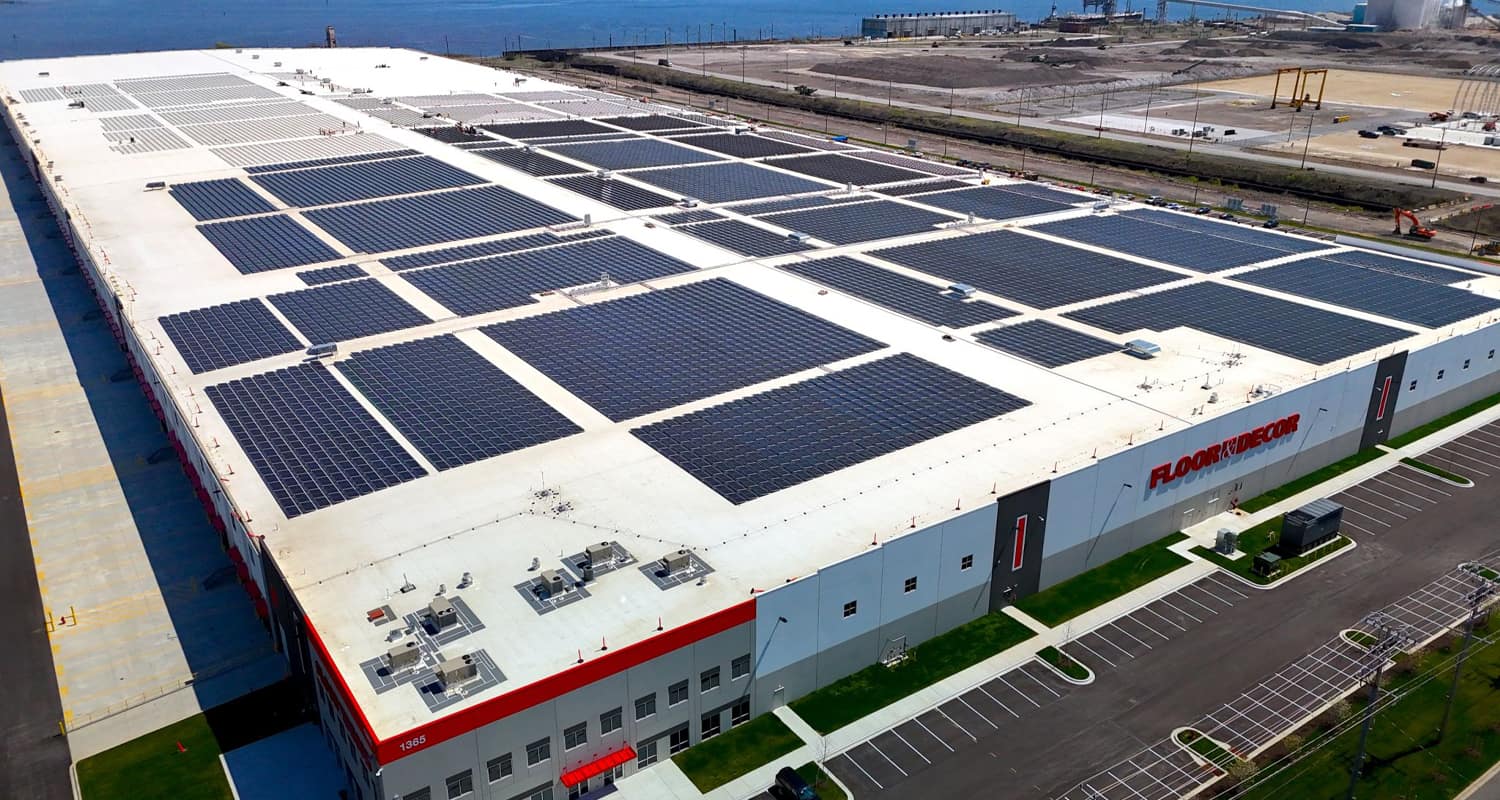
La firma de análisis de mercado LevelTen Energy publicó un informe sobre los acuerdos de compra de energía (PPA) de energía renovable europeos, afirmando que el precio promedio de los PPA solares cayó más del 5% del primer trimestre al segundo trimestre de este año, después de tres trimestres consecutivos de estabilidad.
Andrés Acosta, Director de Innovación Europea de LevelTen Energy, afirmó que este cambio refleja un entorno de mercado "extremadamente competitivo", con un exceso de oferta de
energía limpia
Proyectos que buscan inversión. Explicó que los precios subieron bruscamente tras la crisis energética provocada por el conflicto entre Rusia y Ucrania, y luego bajaron gradualmente tras la normalización del mercado, manteniéndose prácticamente estables durante los últimos trimestres. La caída del índice de precios europeo en el último trimestre refleja la sobreoferta de proyectos y la intensa competencia entre los promotores.
El precio medio de los PPA solares superó por primera vez los 60 €/MWh, lo que supone un descenso interanual de más del 20%.
En toda Europa, el precio medio de los PPA solares firmados en el segundo trimestre descendió a 59,62 €/MWh, inferior al precio medio de los PPA eólicos (88,69 €) y los híbridos (74,16 €). Sin embargo, los precios de los PPA para todas las tecnologías han seguido bajando durante el último año, con caídas del 20,5 %, 20,2 % y 2,4 % para los PPA solares, híbridos y eólicos, respectivamente, entre el primer trimestre de 2024 y el segundo trimestre de 2025.
A pesar de estas tendencias generales, los precios de los PPA siguen siendo significativamente diferentes en Europa; los datos de LevelTen muestran que España tiene el precio medio de PPA solar más bajo, 34 €/MWh, mientras que el Reino Unido tiene el más alto, 88,12 €/MWh.
Acosta señaló que los países con mayor madurez
energía renovable
Los mercados generalmente experimentan precios de electricidad más bajos, lo que cita una mayor competencia en países con industrias solares más desarrolladas.
“Este entorno competitivo ha sido especialmente impactante en países con tasas de penetración solar muy altas, como Alemania y España, que suelen aparecer en los titulares de los medios especializados”, explicó Acosta. “En otros países, como Italia, donde los precios de la electricidad son más saludables, los promotores tienen menos dificultades para encontrar compradores de energía para sus proyectos, lo que se traduce en una menor competencia”.
El informe también señaló la creciente incertidumbre en varios mercados europeos, incluido Polonia. A principios de este año, el candidato conservador Karol Nawrocki ganó las elecciones presidenciales por un margen muy estrecho, con una campaña que abogaba por la independencia energética mediante fuentes como la nuclear y el carbón, en lugar de las renovables.
Si bien Acosta señaló que la reciente toma de posesión de Nawrocki hizo que "fuera demasiado pronto para decir cuál será el impacto a largo plazo de la elección", reconoció que el escepticismo del presidente hacia las energías renovables y la incertidumbre general que rodea la elección de un nuevo gobierno podrían afectar la confianza de los inversores en Europa del Este.
"En los últimos años, Polonia se ha beneficiado de regulaciones más flexibles y un gobierno favorable —derogaron regulaciones que anteriormente obstaculizaban algunos proyectos, en particular los de energía eólica, por lo que estamos viendo resultados—, pero ahora Polonia ha celebrado elecciones presidenciales, y el presidente elegido no pertenece al partido gobernante", dijo Acosta.
Si bien su postura poco positiva sobre el desarrollo de las energías renovables puede serlo (lo cual no está claro en este momento), esta preocupación por la incertidumbre de los proyectos está limitando la oferta en cierta medida, o al menos generando cierta incertidumbre sobre ella, lo que gradualmente conducirá a precios más altos. Las empresas de servicios públicos tienen una ventaja, ya que el almacenamiento en baterías se está convirtiendo en la opción preferida.
Al ser preguntado sobre la percepción general de los inversores respecto a la caída de precios y cierta incertidumbre del mercado, Acosta afirmó que la metodología de LevelTen ayuda a "tomar el pulso del mercado en general". El informe utiliza principalmente el precio promedio P25 (el promedio del cuartil más bajo de ofertas de PPA), que, según afirma, proporciona una "medida normalizada" de precios competitivos en los mercados.
Acosta explicó: «Tras tres trimestres de estabilidad, los precios están ahora a la baja. Esto se debe principalmente a la preocupación generalizada por la 'canibalización de precios' de la energía solar y la caída de los precios promedio de transacción, así como a la gestión de los periodos de precios negativos de la electricidad, un factor importante en toda Europa». Esto sugiere que la confianza general de los inversores en Europa se está debilitando.
Incluso en Europa del Este, donde la demanda de PPAs está creciendo, como en Polonia, la inmadurez del sector ha generado un bajo interés por parte de los compradores, especialmente de los nuevos participantes. Acosta señaló que, si bien la demanda de PPAs ha aumentado en Polonia, existen menos precedentes operativos en comparación con otras partes de Europa. Entre los participantes del mercado, las empresas de servicios públicos son más activas en el emergente mercado de compra de energía renovable, ya que comprenden los matices del mercado y el papel de...
sistemas de almacenamiento de energía en baterías (BESS)
en carteras de energía renovable mejores que las corporativas.
Además, los acuerdos de compra de energía híbridos (PPA) que incorporan múltiples tecnologías de energía renovable o están ubicados conjuntamente con
sistemas de almacenamiento de energía
Son cada vez más populares. El informe sostiene que, si bien el almacenamiento de energía en baterías ofrece oportunidades para proyectos de energía renovable, la falta de comprensión del mercado sobre sus finanzas está obstaculizando una mayor inversión.
El informe destaca que cerrar la brecha entre el conocimiento del comprador y las ofertas de los desarrolladores es clave para mejorar la liquidez del mercado e impulsar la implementación de las energías renovables en Europa.








 Página de inicio
Página de inicio






